Joe Biden is out, Donald Trump is in, and “the golden age of America has begun.”
Trump’s second inaugural address on this frigid January afternoon was, as you might expect, laced with grievances, bombast, self-congratulation and big promises. The speech was a preview of the dozens of executive orders primed for the president’s signature hours later, some of which, such as declaring a national emergency along the US-Mexico border, was at the core of his 2024 (and 2016) presidential campaign.
While Trump stuck with domestic issues, there were several broad foreign policy themes he chose to highlight. The first few, that the United States will be respected again on the world-stage and the US military will be more lethal than ever before, are standard for most American presidents, all of whom want to be viewed as strong and decisive during the opening days of their presidency. Others, like instituting tariffs on countries running massive trade surpluses and getting America’s own national borders back in order, are core vestiges of Trump’s worldview.
The address, however, had a certain tension in it. On the one hand, he talked about ushering in a long period of peace and tranquility. Yet on the other, he threatened to take the Panama Canal back. Whether through force or diplomacy, he didn’t say.
Trump made the very valid point that past US administrations have frequently blundered into crises overseas and fought wars it didn’t need to fight — in front of the presidents who did so. Many Americans would agree with this characterization; with the exception of the 1991 Gulf War, America’s military interventions over the last thirty-four years have either lasted too long, like Afghanistan, unleashed additional problems, like Libya, or were predicated on bogus intelligence, terrible assumptions and extreme hubris, like Iraq. In one of the more notable lines of the day, Trump equated American power and strength not only on the battles the United States wins but also the wars the United States chooses to withdraw from — or not fight at all. Previous presidents, George W. Bush and Barack Obama included, engaged in similar thinking at the very beginning their presidencies as well, yet the sentiment never truly stuck. The former would go on to invade Iraq and turn the US into an occupying power in the Middle East; the latter got out of Iraq (before going back in when ISIS established its territorial caliphate) but accelerated the war on terrorism in Pakistan and Yemen. Will Trump have better luck?
Trump also talked about being a “peacemaker.” This is a man, after all, who values his own dealmaking prowess and firmly believes he can do what all his predecessors could not. He claimed sole credit for forcing Israeli prime minister Benjamin Netanyahu and Hamas into the long-elusive ceasefire deal both repeatedly spurned over the previous year (at the time of writing, the deal is holding up in its first days). There’s no question he wants to expand the Abraham Accords, the signature diplomatic achievement of his first term, by bringing Israel and Saudi Arabia into a normalization agreement. Trump didn’t talk about the war in Ukraine but didn’t need to; his aides are already preparing a peace push, to the consternation of Ukrainian resident Volodymyr Zelensky, who is concerned the Trump administration will demand he cede land to the Russians and drop his NATO aspirations.
Goals are one thing. Reality is another. All of these items will require a difficult diplomatic balancing act for Trump and may be beyond his grasp, not because he’s incapable of accomplishing them but rather because the issues themselves are inherently difficult. For instance, it’s hard to see an Israeli-Saudi normalization pact occurring if the Gaza ceasefire breaks apart or if the Israeli government continues to object to a Palestinian state (Hamas’s October 7, 2023 attack wounded the two-state solution, as most Israelis now oppose it as a danger to the state’s existence). Solving the war in Ukraine would be the biggest prize of them all but also the most migraine-inducing. Ultimately, Zelensky and Vladimir Putin’s calculations, not Trump’s, will be most important for determining whether the fighting continues, pauses or ends completely.
Whatever Trump’s plans, the world has been waiting for his return from the moment he captured the Republican presidential nomination. Some countries are trying to get in Trump’s good graces. Poland is echoing Trump’s complaints about poor European defense spending, as are the bureaucrats at NATO headquarters. Mexican officials are in the process of clamping down on Chinese imports and the fentanyl trade in the hope Trump spares them a high tariff rate. UK prime minister Keir Starmer’s government has formed a committee whose sole purpose is to manage the wily American president and preserve the special relationship to the best of its ability. Even the Danes are open to at least discussing certain concessions on Greenland, the energy-rich territory Trump has obsessed about acquiring since at least 2019.
There’s a new sheriff in town — and it’s the same as the old sheriff. Trump’s America First agenda is back. Now it’s time to execute it.



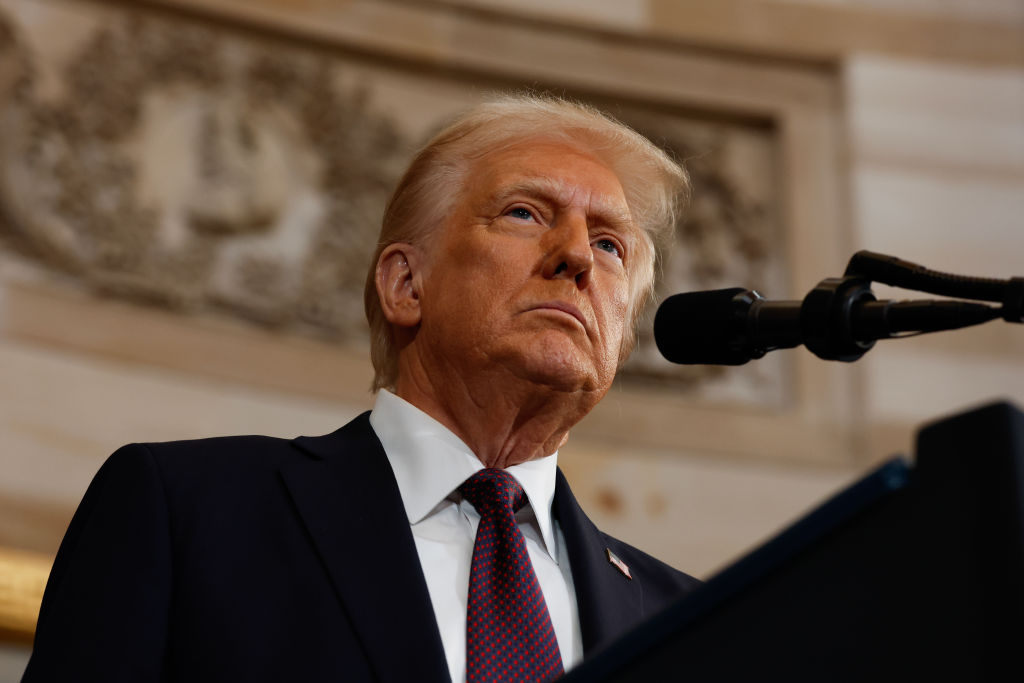






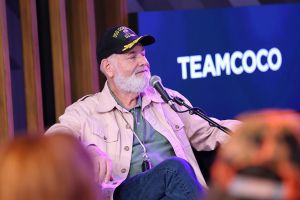
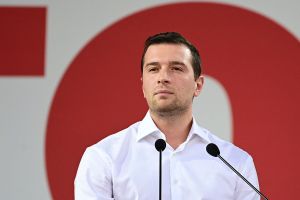

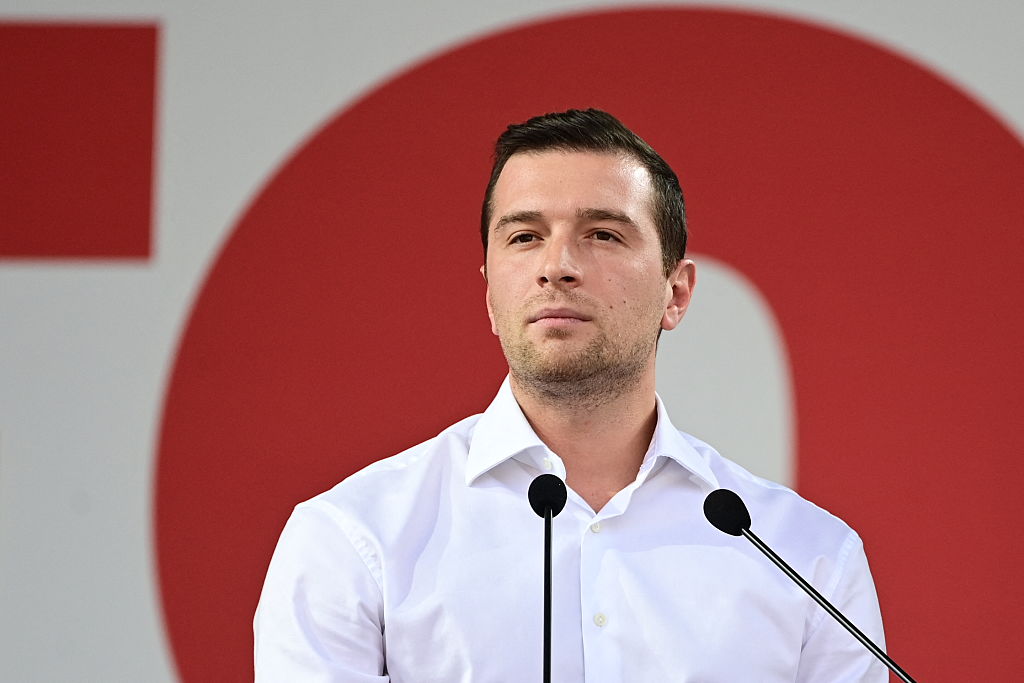
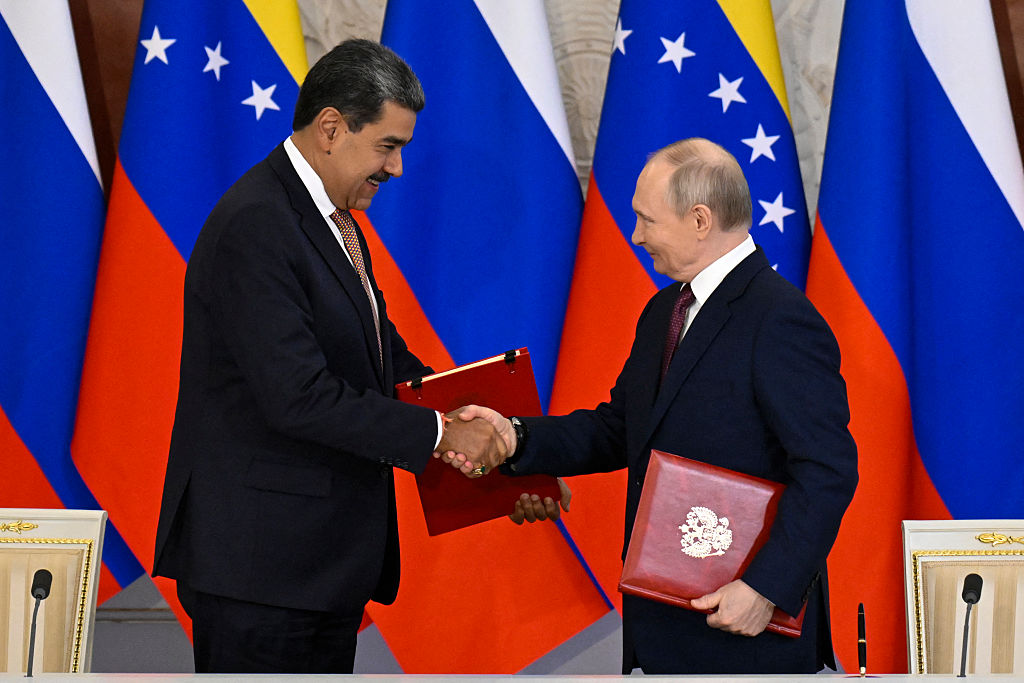
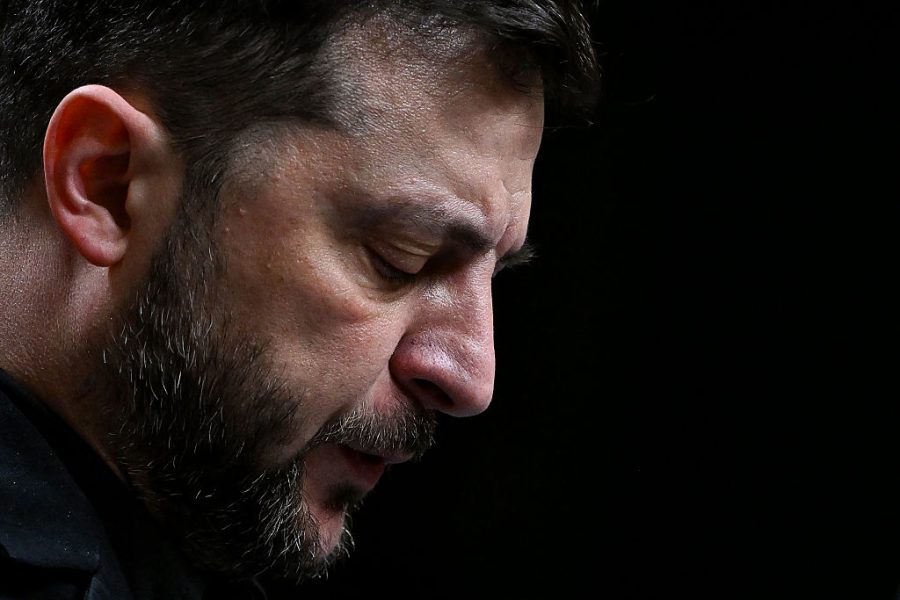










Leave a Reply